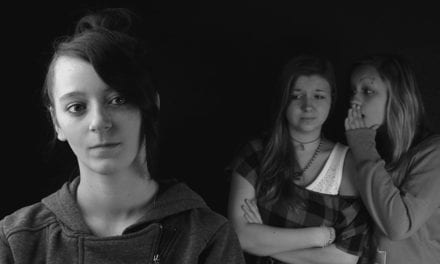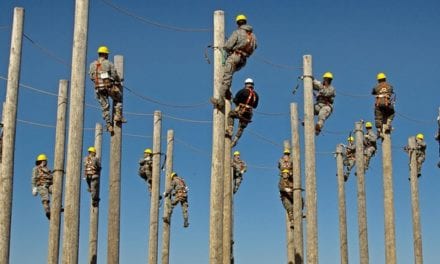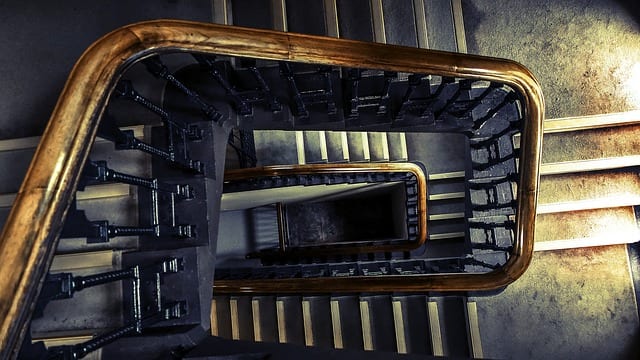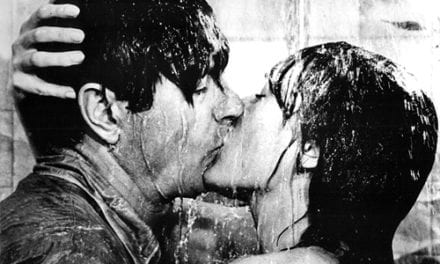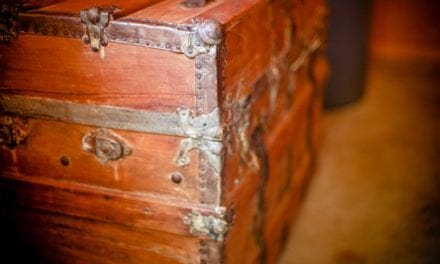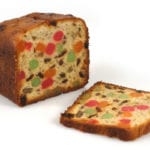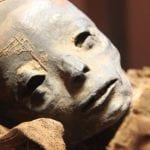Scales
“Come in!” came a voice.
Hurley went in and confronted a bald, well-built man in a wife-beater undershirt with an electric guitar strapped on, playing scales slowly, with no amplifier, to the tick-tock of a tall red metronome. He didn’t stop when he saw Hurley. He just nodded and said, “What do you need?”
“I need your name.”
The ticking of the metronome and the tiny sound of the unamplified notes set the pace for the conversation.
“My name’s John. Why? What’s your name?”
“Hurley.”
“So, what do you want, Hurley? What can I do for you? Why do you want my name is that all you want?”
“Pretty much—but how can you play those scales without a break and talk to me at the same time?”
“Well, it’s because I’m the best guitar player in town—maybe in the county—maybe even in the state. Mostly because I spend four hours a day playing these scales like this.”
“Do you have a job, John?”
“Sure. I work at the Big Town School of Music.”
“Oh. I’ve been there—you know Willie Bunsen?”
“Sure. I know Willie. He’s a jackass.”
“Why?”
“Because he can’t play the guitar like me—he can’t do anything as well as I play the guitar. Do you play the guitar—what did you say your name was?”
“Hurley.”
“Hurley. Do you play the guitar like this?”
The scales went up effortlessly before coming back down.
“No.”
“Do you do anything as well as I can play these scales?”
“Not that I’m aware of.”
The scales went up again, and then the scales came down.
“Then you’re a jackass too. Leave then, and let me be, unless you need something else.”
Hurley cocked his head and screwed up his mouth—he should have taken offense at being called a jackass, but, for some reason he did not. The up and down of the scales filled all the space inside him. It actually began to be painful, and, the instant it became unbearable, it forced words out of him.
“Hey John.”
“What?”
“Play me a song on the guitar before I leave.”
“Why?”
“Because I want to see how good you are.”
“What’s to see? I told you I’m the best.”
“That’s easy to say. Maybe the best at playing scales—but what about songs?”
“I get paid for playing songs. I play all over. I get paid a lot.”
The scales went up, the scales came down.
“Okay then—I’ll give you ten dollars to play me one song.”
“Nonsense, I am worth far more than ten dollars. But wait one minute. Just one.”
John stopped playing the scales, unstrapped himself from the guitar, and went to a sink against the wall and washed his hands with steaming hot water.
“Why are you doing that?”
“Well you want me to play you a song, I got to be loose to play you a song, this is my way of getting loose. Do you really want to hear a song, or not?”
“But you said nonsense, ten dollars is not enough.”
“Never mind what I say—by the time I am ready to play, you will have decided to pay more.”
“Oh yeah? How do you know that?”
“Never mind what I say. What I say and you say is all nonsense. It’s how I play that matters. It’s how I play—wait.”
After toweling his hands dry, John strapped the guitar back on, and faced Hurley. There were no scales. Minutes passed by, and John never blinked the whole time.
All at once, Hurley knew the truth—this was some kind of trap, one that covered them like a glass dome, under which their entire futures would be determined. If they went on this way long enough, standing and staring, with one not paying and the other not playing, it would be the end of both of them.
Hurley turned and rushed out into the hall, and the scales began again, but the door slamming shut cut them to nothing. Hurley rushed away, down the hall, past door after door after door after door, each adjacent to stairs going up or down, as though the place had become some endless hallway full of staircases you’d see in some crazy old book. It had not been this way coming in. But it was this way now. Something happened, something without end, inout, updown, inout, updown, just like scales.

